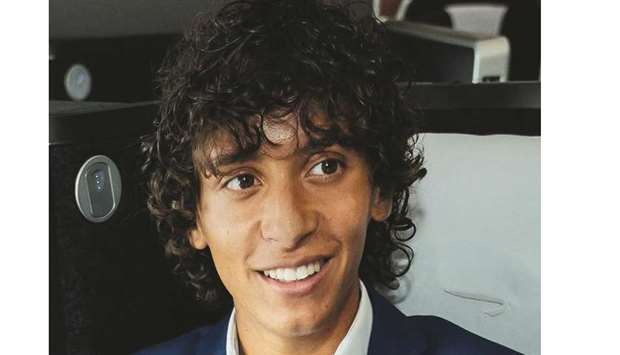Shares of airlines surged to multi-month highs on Monday after US pharmaceutical giant Pfizer and German biotech firm BioNTech reported positive results from their Covid-19 vaccine trial, igniting hopes that it could revive air travel demand.
United Airlines added more than 19% to end the day at $41.32, while Delta Air Lines rose 17% to $36.77, and shares of Hawaiian Holdings, parent of Hawaiian Airlines, soared 50% to $20.89, each closing at the highest price since June. American Airlines rose 17% to $13.20, a two-month high. Shares of aircraft maker Boeing rose 13.7% to $179.36, a three month closing high. The gains far outpaced the broader market with the S&P 500 ending the day up 1.2%.
Australia’s Qantas gained 8.33%. Over in Hong Kong, shares of Cathay Pacific were up 14.06% while China Eastern Airlines rose 7.93%. Japan Airlines surged 21.21% while ANA Holdings advanced 18.06%. Korean Air Lines added 11.24% while Singapore Airlines shares soared 13.99%.
Airline stocks remain very sensitive to coronavirus news as the pandemic caused the largest crisis in the history of flight itself, pressuring revenue and driving up losses to more than $20bn in the last two quarters alone.
Elsewhere, the three global airline alliances, oneworld, SkyTeam and Star Alliance have joined forces to support a globally harmonised approach to health testing to build a framework of trust.
Together, they urge governments to implement the report guidelines for passenger testing protocols, as well as the adoption of digital health pass technology, so air travel may safely resume.
Government-imposed travel and entry restrictions continue to significantly impact global travel demand. Meanwhile, Covid-19 testing has emerged as an important part of an end-to-end solution to enable the safe restart of international travel by potentially reducing the reliance on the blunt instrument of blanket quarantines.
“We welcome the publication of the updated CART report which, among other things, calls for the serious consideration of screening and testing as a means for easing travel and border restrictions, and reviving the travel and tourism industry and the global economy,” said Star Alliance CEO Jeffrey Goh. “A robust protocol for testing will also provide further evidence to demonstrate that air travel is not a material cause for infections and will pave the way for a framework of trust to be established between countries.”
On behalf of their 58 member airlines, representing over 60% of world airline capacity and carrying over 1.87bn passengers annually prior to the Covid-19 crisis, the three alliances are calling for a harmonised approach to testing that will form the foundation of a trust framework, as recommended by the ICAO guidelines.
SkyTeam CEO Kristin Colvile said: “Testing regimes and trials of digital health passes have identified means to restoring confidence and reopening borders, complementing the layer upon layer of passenger safety measures already implemented by airlines and airports worldwide. Aviation supports millions of jobs around the world and drives international commerce, trade and tourism. Urgent action is needed to adopt testing and technology to mitigate Covid risks and safely and quickly revive international air travel.”
The recent digital ‘health pass’ trials, such as Common Pass, are presenting a strong case for using digital technology to deliver harmonised standards in the validation and verification of accredited passenger health data. The alliances support technical solutions that provide a consistent, scalable and affordable way to declare passenger health data that is simple to implement as part of the customer journey, with processes-initiated pre-travel to reduce passenger inconvenience at airports.
oneworld CEO Rob Gurney said: “With extensive travel restrictions creating much uncertainty for customers, testing can play a role in enabling the safe restart of travel. Any solution used in declaring passenger health data should be consistent, scalable and cost effective – this will provide clarity and confidence to customers, airlines and other stakeholders as international travel resumes.”
Meanwhile, the Federal Aviation Administration is getting closer to allowing Boeing's troubled 737 Max commercial jetliner to fly passengers again. FAA chief Stephen Dickson says his agency "is in the final stages of reviewing the proposed changes to the Boeing 737 MAX," adding that the agency could complete its evaluation of the fixes "in coming days" and allow the plane to return to service. Reuters is reporting that the plane could be recertified by the FAA as soon as November 18.
Aviation authorities around the world, including the FAA, grounded the 737 MAX in March 2019, after a 737 MAX operated by Ethiopian Airlines crashed, killing all 157 people on board. It was the second deadly MAX crash in less than five months. A Lion Air Max jet crashed in Indonesia on Oct. 29, 2018, killing all 189 people on the plane. Both crashes were blamed on a flawed flight control system ‘MCAS’ that, based on erroneous data, repeatedly forced the planes into nose dives that the pilots could not control.
*The author is an aviation analyst.

